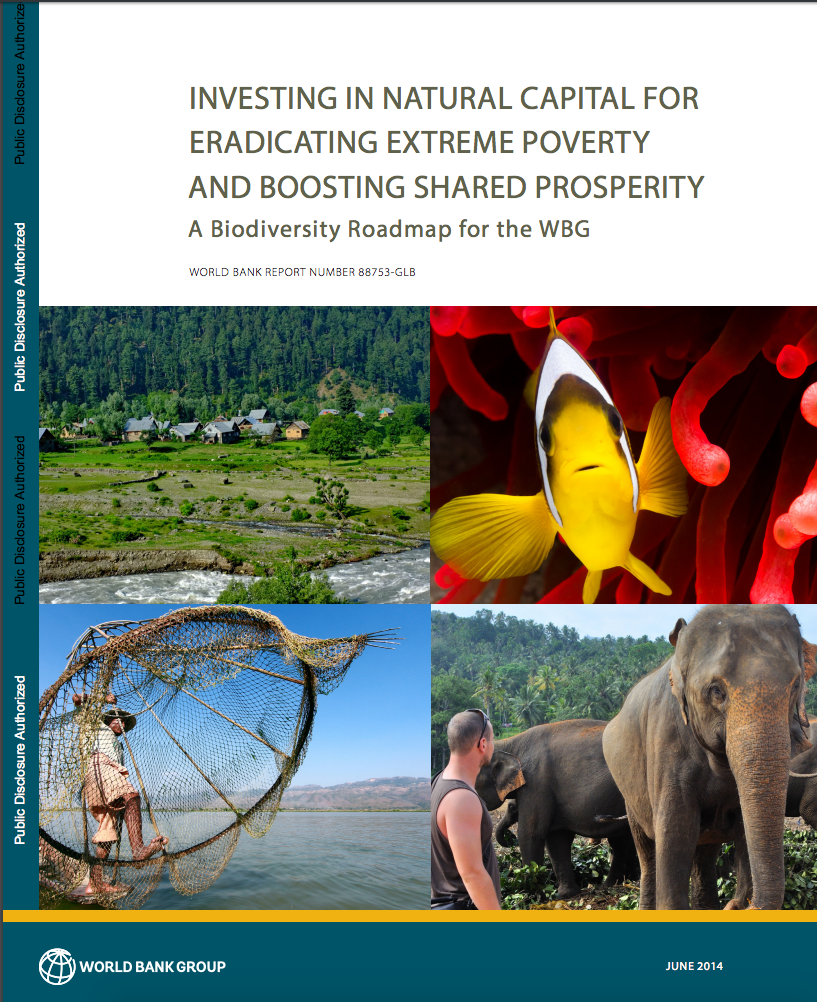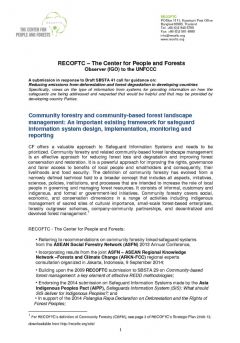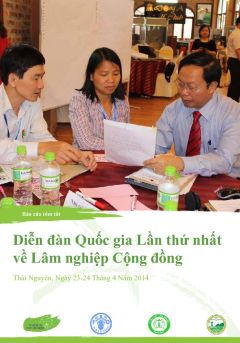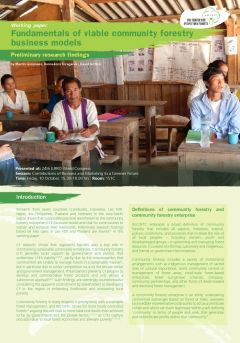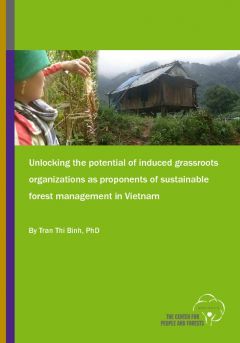Investing in Natural Capital for Eradicating Extreme Poverty and Boosting Shared Prosperity : A Biodiversity Roadmap for the WBG
The World Bank Group (WBG) has a long
experience in engaging in biodiversity with world-class
expertise in the field. It has been the single largest
funder of biodiversity investments since the late 1980s. The
WBG investments have largely been of two kinds: (1)
investments in biodiversity, aimed at the conservation and
sustainable use of species, habitats, and ecosystems that
sustain healthy ecosystems, while enhancing people's

